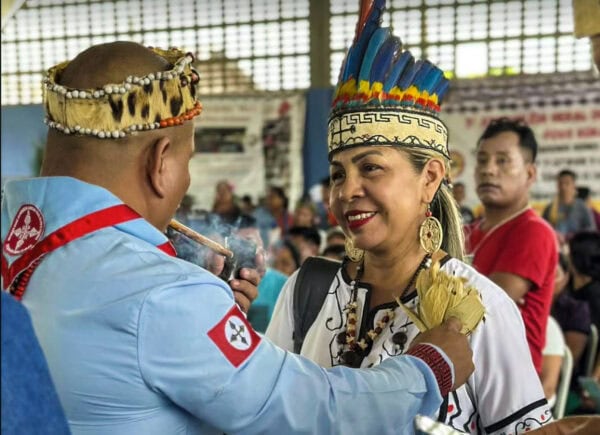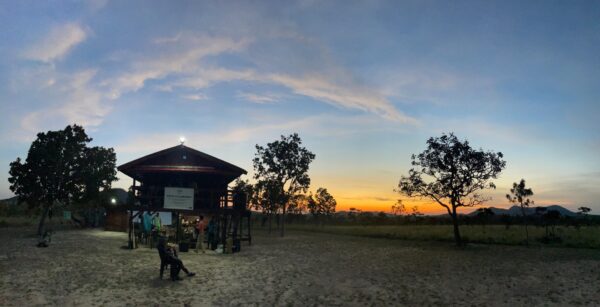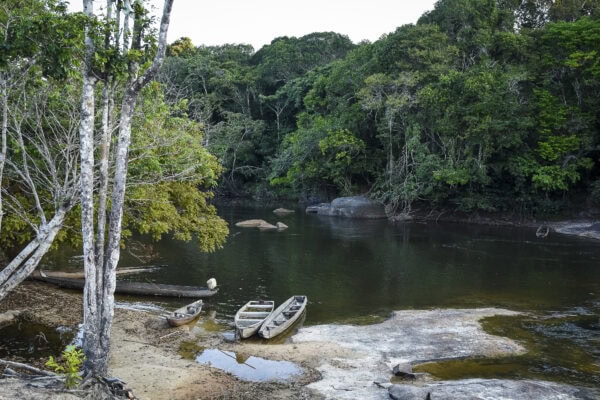TERRITORIES AND DEVELOPMENT IN THE AMAZON AND THE GRAN CHACO
Representatives of indigenous organizations and non-governmental organizations, indigenous leaders, researchers, academics and defenders of the rights of the indigenous peoples of Bolivia, Brazil, Colombia, Ecuador, Paraguay, Peru, Venezuela and Suriname, signers of this declaration, met in Lima, Peru between October 10 and 11, 2019, to analyze and discuss the situation of indigenous peoples in isolation and initial contact (PIACI), as well as to learn the conclusions of the Report “Indigenous Peoples in Isolation: Territories and development in the Amazon and the Gran Chaco. “
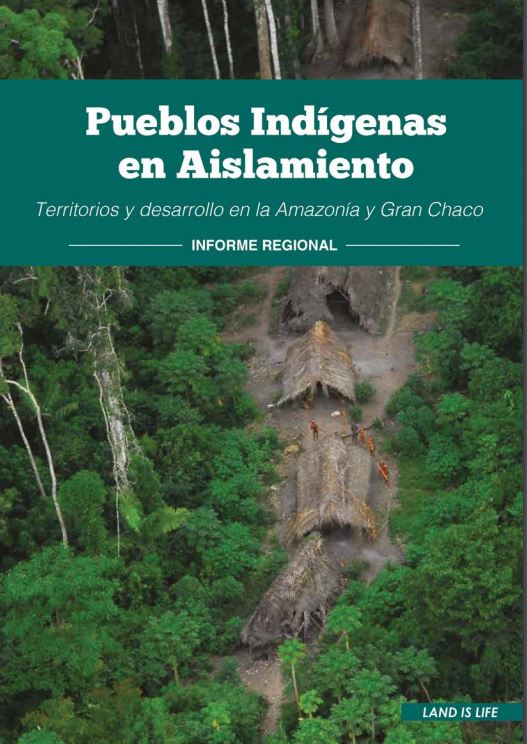
The Report has included the efforts of more than 11 organizations in 8 countries of the region where PIACI exist. It documents 185 indigenous populations or groups in isolation, pointing out the pressures and threats to which their territories are subjected and establishing, in a groundbreaking manner, a regional perspective on the situation of the PIACI in the Amazon and the Gran Chaco.
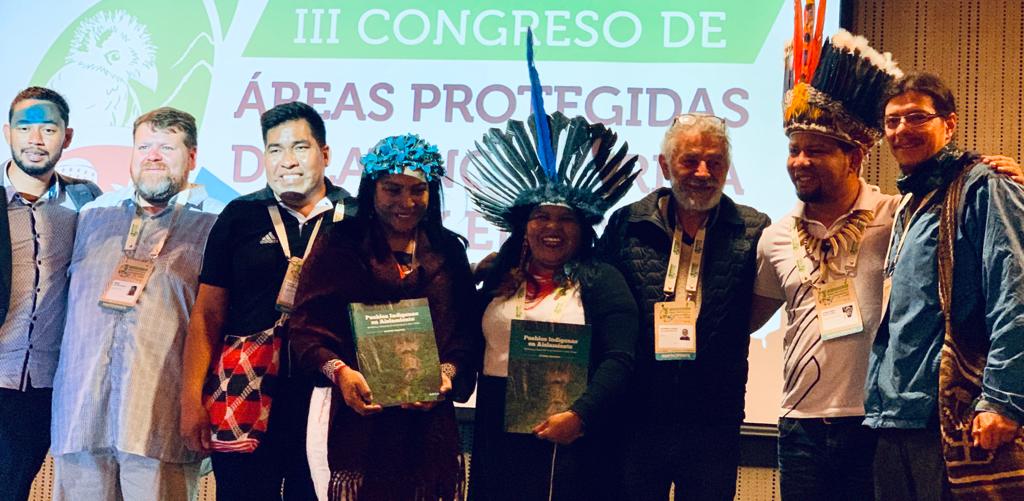
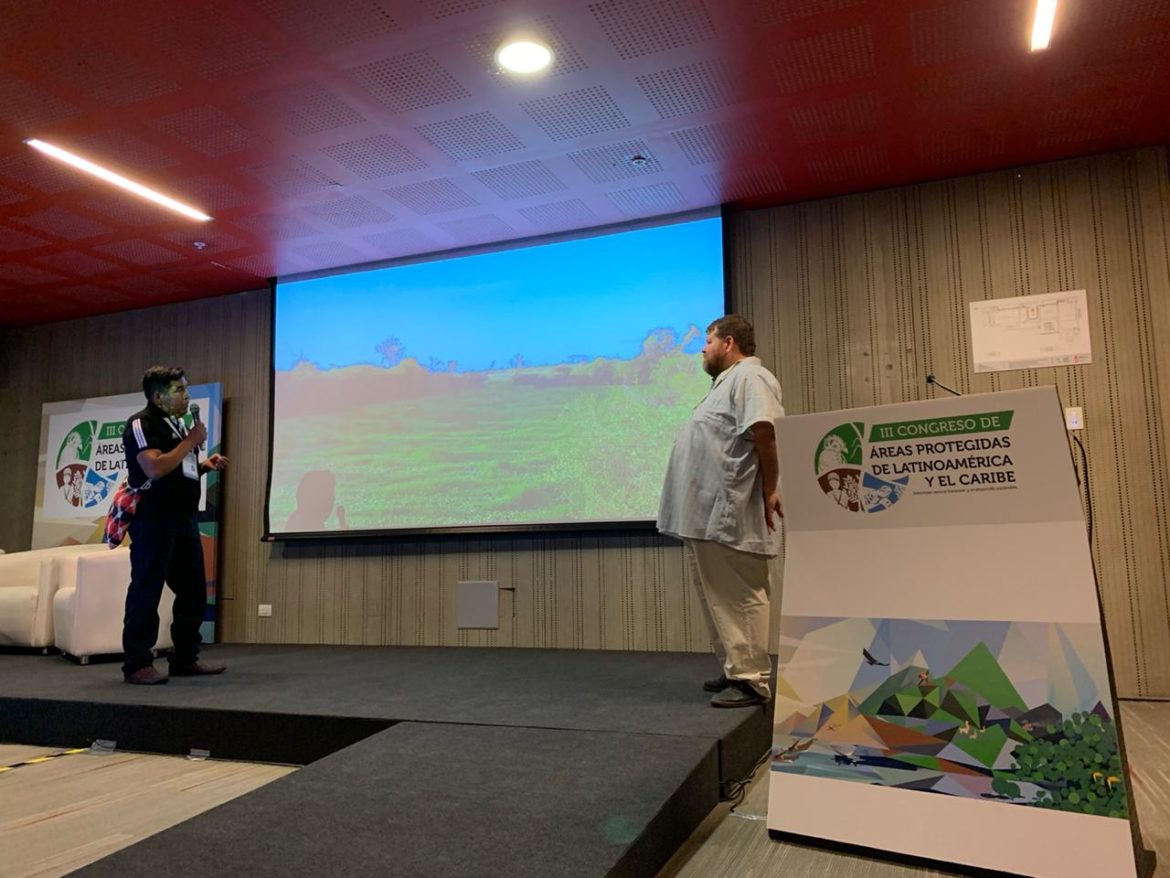
After our gathering, the organizations, leaders and researchers issued this declaration in relation to our reflections and conclusions.
1. Fully observing and respecting the right to self-determination of indigenous peoples, we endorse the principle of non-contact as the main guideline and fundamental right of indigenous peoples in isolation, enshrined in international standards regarding the rights of indigenous peoples. We reject the actions and initiatives that promote forced contact with these peoples.
2. We are extremely concerned about the regressions experienced in the region with respect to the protection of indigenous peoples in isolation, and in general with respect to the territorial rights of indigenous peoples. In this regard, we believe that the case of Brazil is paradigmatic and represents the most radical change in relation to the reorientation of policies that tend to generate retrograde actions with respect to international frameworks and standards for the protection of the rights of indigenous peoples.
3. However, these setbacks to PIACI protection policies do not constitute an isolated event in the region. In Bolivia, there have also been regulatory and policy reversals affecting indigenous peoples and isolated peoples that have reversed the legal progress, including the application of extractive plans and mega-dams as well as the expansion of agricultural borders.
In Peru and Ecuador, where there had been progressive progress in the laws, regulations and guidelines related to the protection of PIACIs, a number of political measures are aimed at avoiding the nations’ responsibility with respect to the intangibility of the territories.
Among others, we refer to the recategorization of territories in order to weaken their protection, exceptions made to the standards of protection of PIACI in those cases where there are extractive interests, an increase in areas that are provided as concessions to industry, institutional dismantling, and the reduction of fiscal resources aimed at the protection of PIACI, as well as the exclusion of indigenous populations that share territory with peoples in isolation from decision-making processes and monitoring and control activities.
4. In Venezuela, there are no specific protection standards for PIACIs. Hence, we consider it important to urge the National Constituent Assembly to adopt the recommendations made by indigenous organizations, their allies and the Ombudsman’s Office, specifically with regard to the stipulation of a constitutional article for the protection of PIACIs.
5. The implementation of megaprojects, infrastructure, hydroelectric projects, roads, forest concessions, hydrocarbon exploration, and mining in indigenous territories—granted with the endorsement of governments—generates an increase in social conflicts, the degradation of ecosystems, and violations of the fundamental human rights of PIACIs. In addition, there are serious absences of state protection in PIACI territories that have been occupied by illegal activities, weakening the control and protection capacity of the nations with respect to the PIACI. The current situation carries a real risk of genocide.
The conclusions of the Regional Report in this regard illustrate how these policies are not the result of isolated dynamics in the national space, but rather reflect a regional framework that constitutes a “development model” in the Amazon and the Gran Chaco that contrasts with and contradicts the primary regulations and standards for the protection of the rights of the PIACI.
6. Additionally, the impacts of this development model and its combined policies produce effects in various spheres. These effects include threats to and criminalization of persons and institutions linked to indigenous rights, the weakening of the statutes of protection for the territories, and the refusal of nations and corporations to adopt the precautionary principle and other safeguards that seek to ensure the intangibility of the PIACI territories.
7. This scenario demonstrates the absence of political will on the part of governments to implement and observe the protection guidelines, while the political will to boost the extractive development model in the region has increased.
States tend to freeze or delay decisions on new territorial demarcations for groups in isolation, which violates the full and effective recognition of their rights, as is the case in Peru and other countries in the region.
While the number of records documenting PIACI has grown between 2005 and 2019 as a result of progress in the research processes, the official recognition of isolated peoples and their territories continues to be a challenge in countries including Paraguay, Brazil, Colombia, and Venezuela. In this Regional Report, we have collected information on 185 peoples in isolation. Of these, only 66 are confirmed by governments.
8. We consider it essential to point out that indigenous peoples in isolation exist in a situation of vulnerability due to the lack of observance of their rights by the enveloping society. In the absence of pressures on and threats to their territories, these peoples could develop their social and cultural life to the fullest.
9. We have proposed the permanent formation of a regional working group that can promote the protection of these communities at international, regional, national and local levels. This working group would seek to improve the processes of local protection for isolated indigenous peoples in their territory, and to increase the capacity for national, regional and international advocacy regarding policies and guidelines for the protection of their rights.
In this context of serious setbacks, we reaffirm our collective commitment to the defense of the rights and protection of the territories and lives of the PIACI. We call on all sectors of the national and international civil society to join forces toward this same objective, and we urge nations to effectively apply the necessary protection measures to ensure these rights.
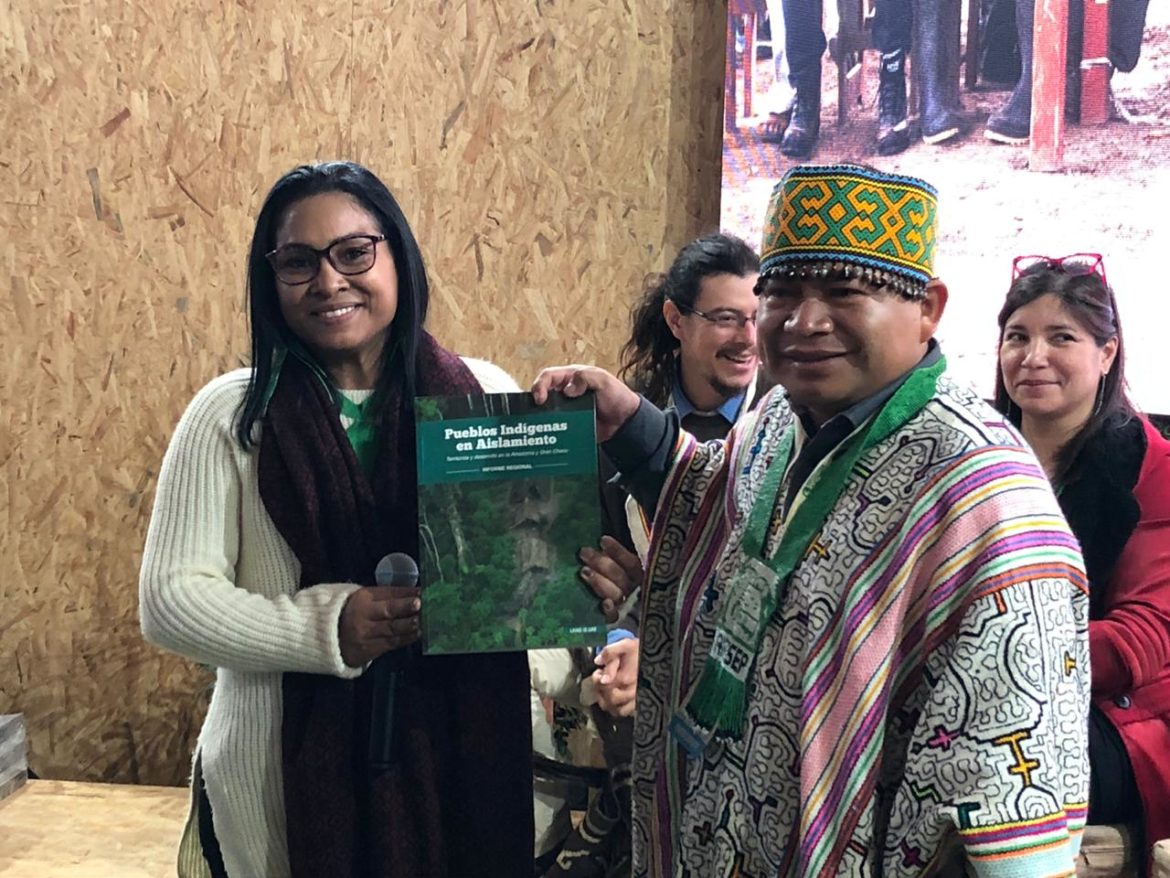
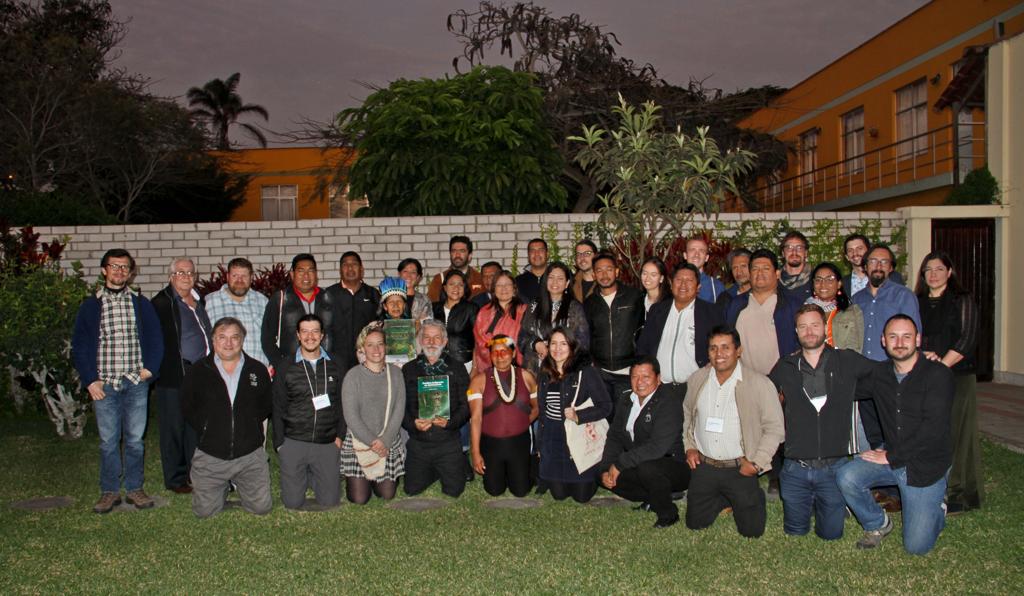
Lima, October 11, 2019
Asociación Interétnica de Desarrollo de la Selva Peruana – AIDESEP
Amazon Conservation Team – ACT
Asociación de Mujeres Waorani de la Amazonía Ecuatoriana – AMWAE
Centro de Documentación e Información Bolivia – CEDIB
Coordinadora de las Organizaciones Indígenas de la Cuenca – COICA
Confederación de Pueblos Indígenas del Oriente Boliviano – CIDOB
Central Indígena de Comunidades Tacana II del Río Madre de Dios – CITRMD
Coordenação das Organizações Indígenas da Amazônia Brasileira – COIAB
Consejo Machiguenga del Río Urubamba – COMARU
Centro de Trabalho Indigenista – CTI
Federación Nativa del Río Madre de Dios y Afluentes – FENAMAD
Fondo Ecuatoriano Populorum Progressio – FEPP
Iniciativa Amotocodie – IA
Instituto Socioambiental – ISA
Land is Life – LIL
Organización de los Pueblos Indígenas de Surinam – OIS
Organización Payipie Ichadie Totobiogosode – OPIT
Organización Regional de los Pueblos Indígenas del Oriente – ORPIO
Rainforest Foundation Norway – RFN
Grupo de Trabajo Socioambiental de la Amazonía – WATANIBA
Share this post
Bring awareness to our projects and mission by sharing this post with your friends.


